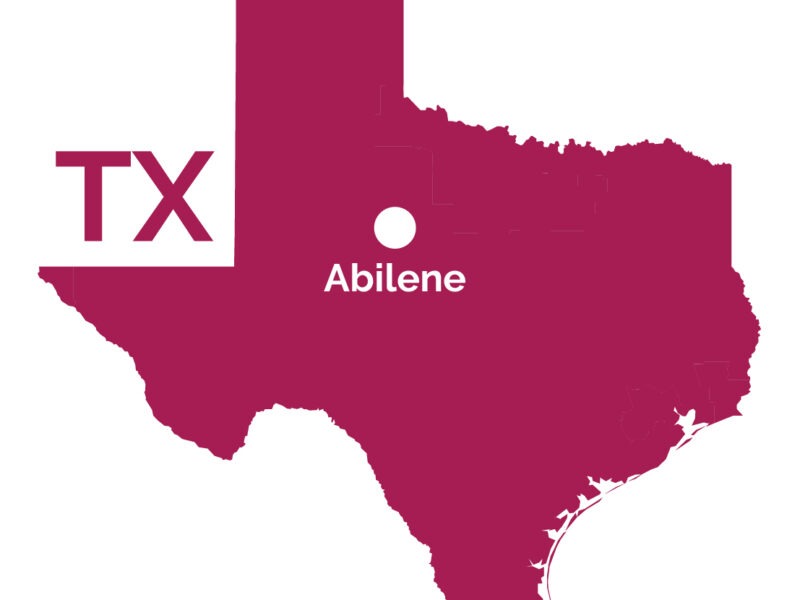Overview
In 2019, Abilene, Texas announced that it reached functional zero for veteran homelessness. The city became the fastest community to achieve functional zero, Built for Zero’s standard for functionally ending veteran homelessness, just 10 months after joining the movement. In November 2020, the community announced it had reached functional zero for chronic homelessness, after sustaining the achievement for a year.
Built for Zero communities like Abilene, Texas have made a commitment to ensuring that homelessness is rare overall and a brief experience when it occurs — and never a sustained or defining part of someone’s life. The community achieved functional zero by:
- Creating a by-name list that accounts for every veteran experiencing homelessness in the area
- Bringing every agency working on homelessness together around the shared aim of ending veteran homelessness.
- Testing new ideas as a team. The shared accountability created through the command center “keeps people coming back,” said John Meier, a program manager at the West Central Texas Regional Foundation.

“We’re not done. I don’t know that we’ll ever be done. We’re going to constantly shift and evolve to meet the needs of our population.”
John Meier, program manager at the West Central Texas Regional Foundation.
Key Milestones
February 2018

Joined Built for Zero
Abilene joined Built for Zero, a national movement committed to measurably ending homelessness.
June 2018

Achieved quality by-name data (Veterans)
Abilene built a comprehensive real-time, by-name list of all veterans experiencing homelessness in the community.
November 2018

Achieved quality by-name data (Chronic Adults)
Abilene built a comprehensive real-time, by-name list of all single adults experiencing chronic homelessness in the community.
January 2020

Achieved functional zero for chronic adult homelessness
Homelessness is solvable.
Communities in the Built for Zero movement are proving it.




